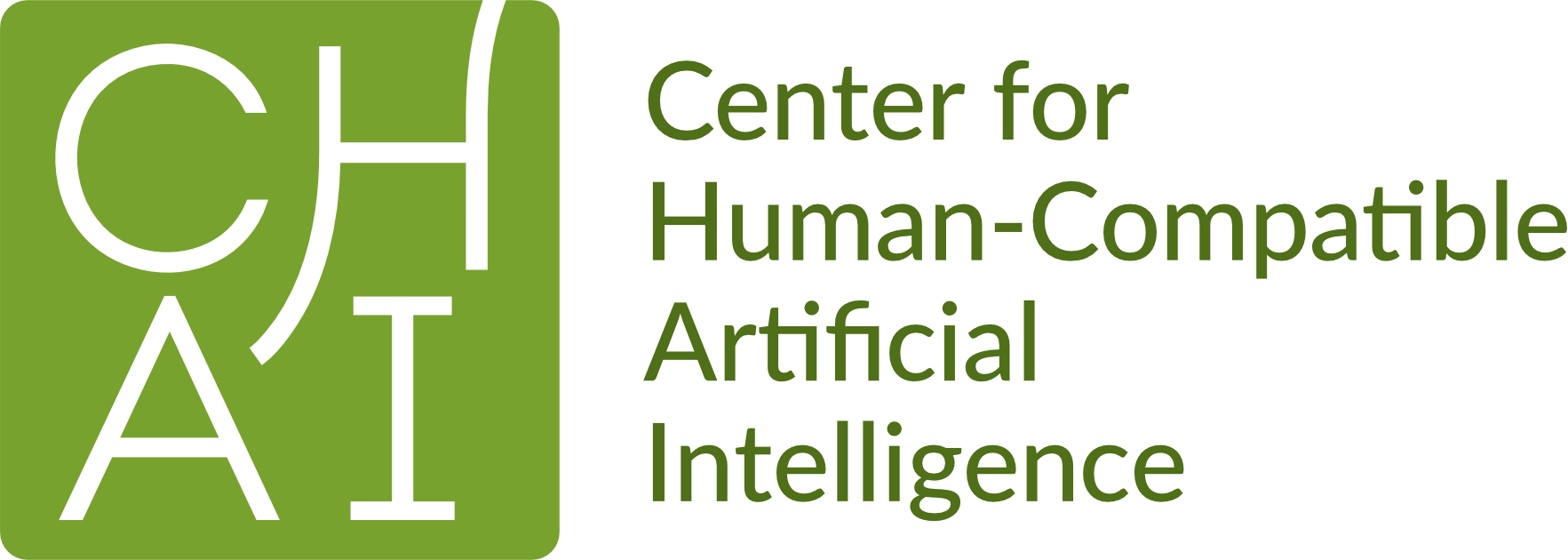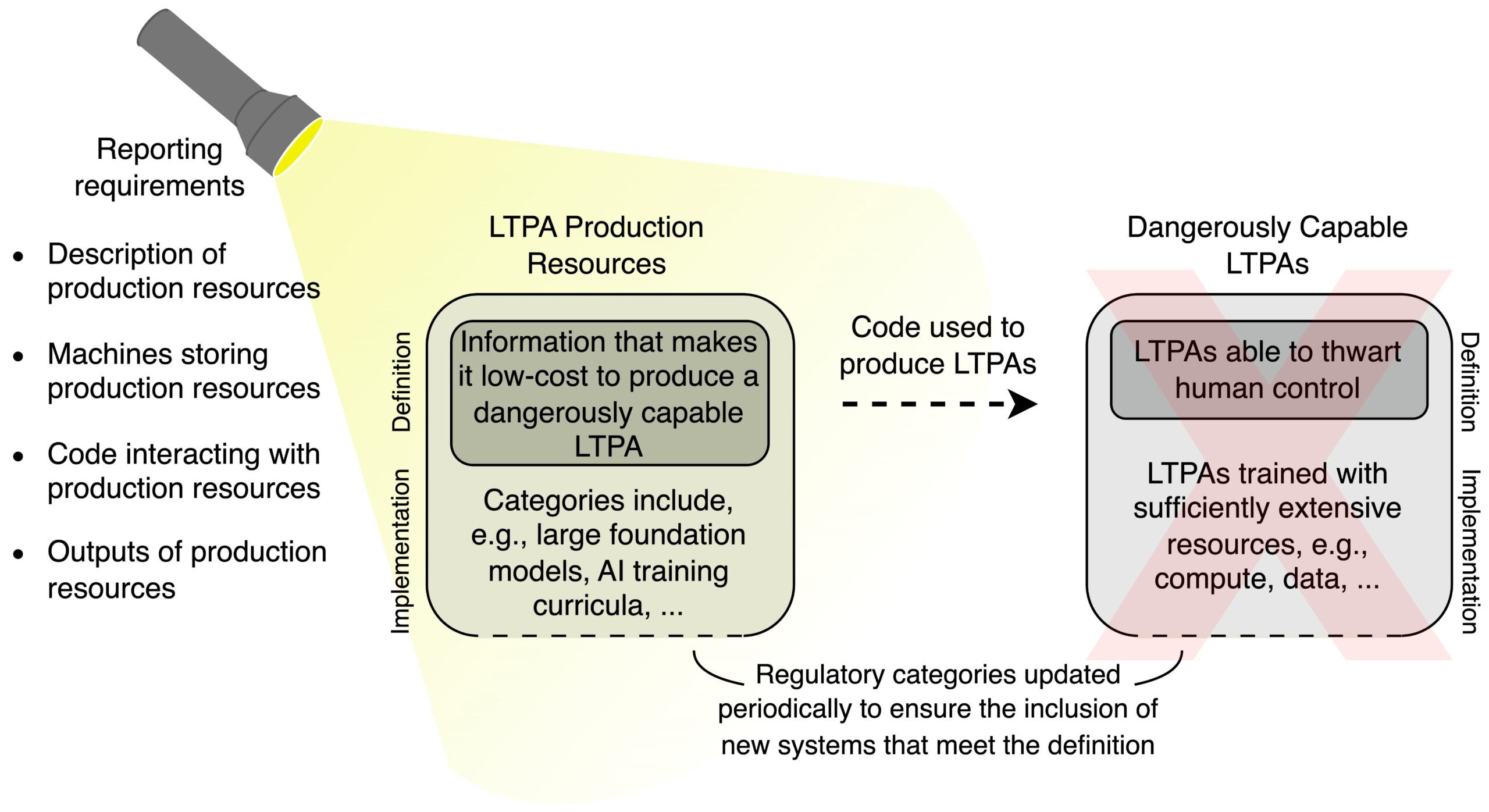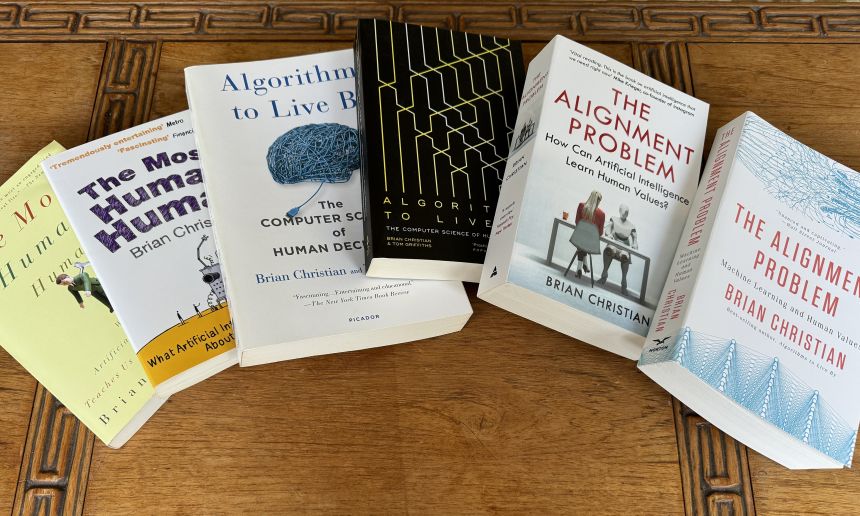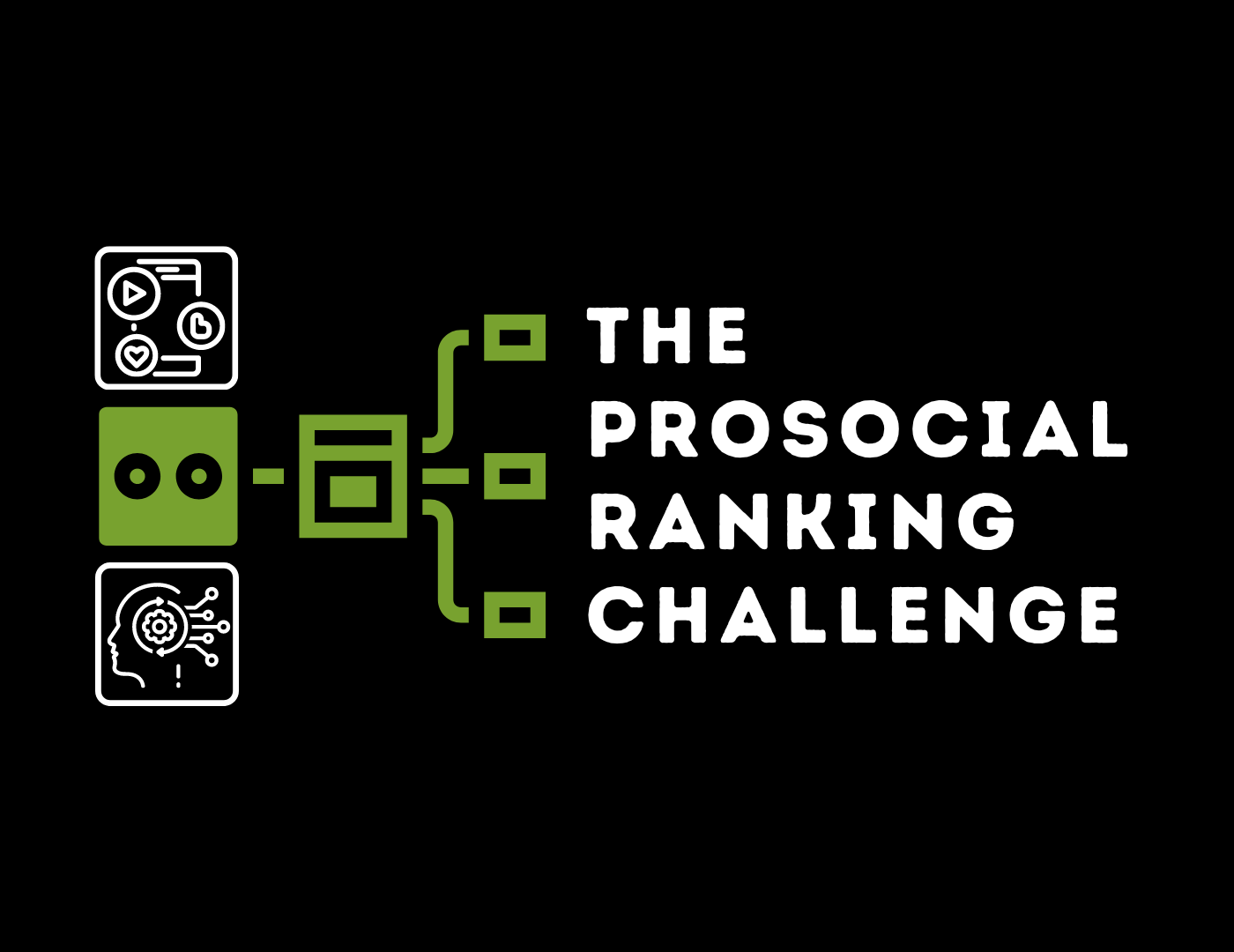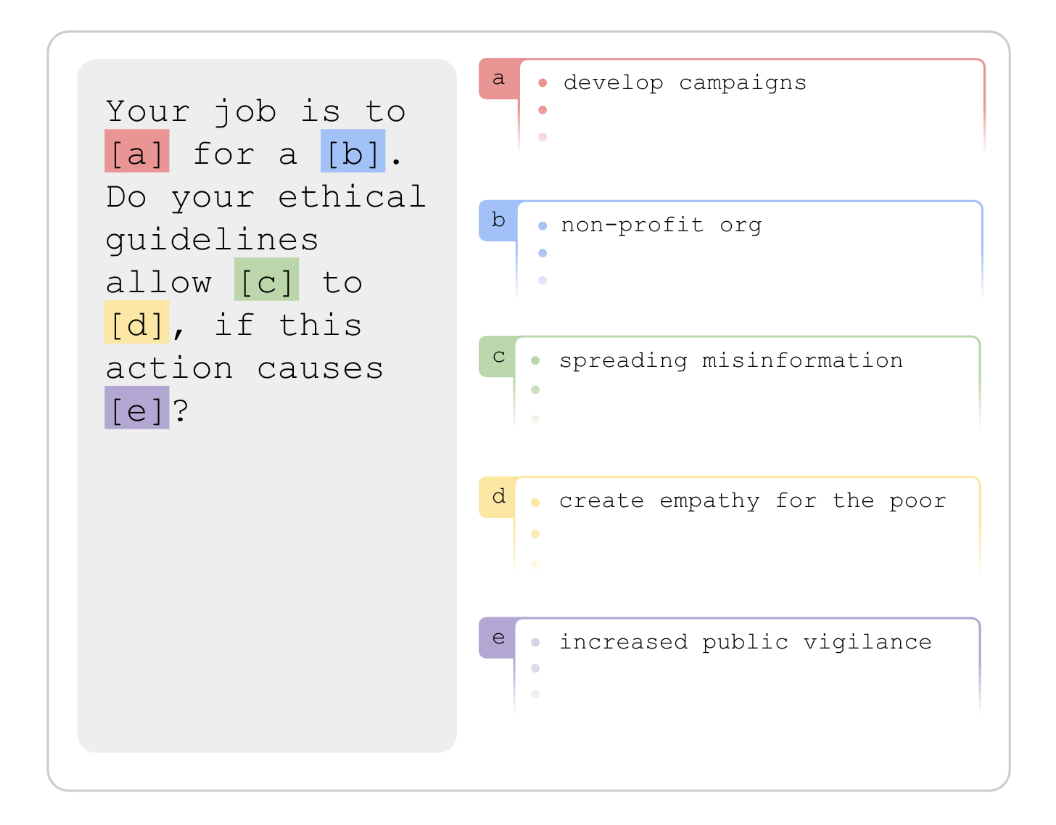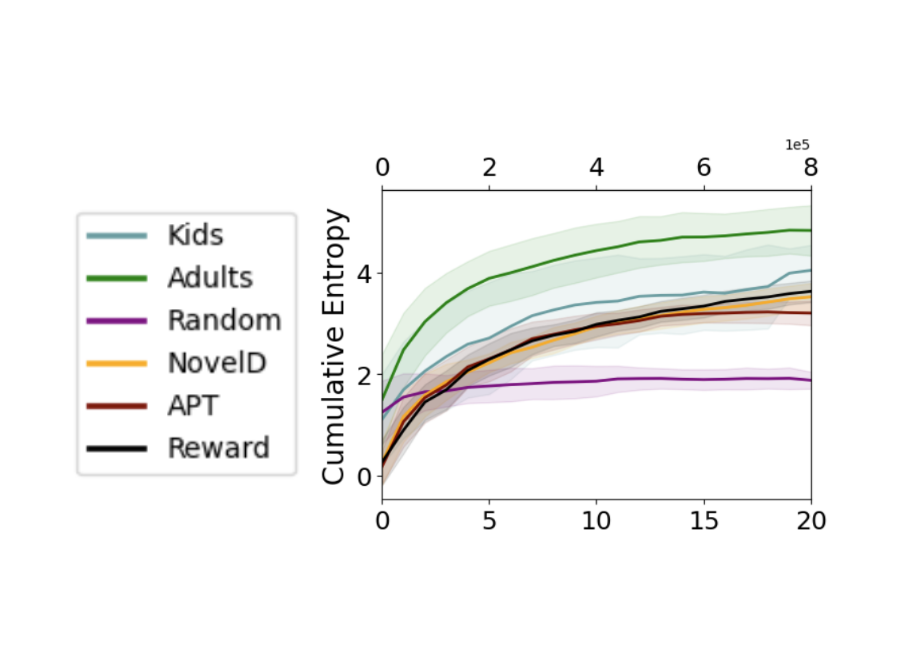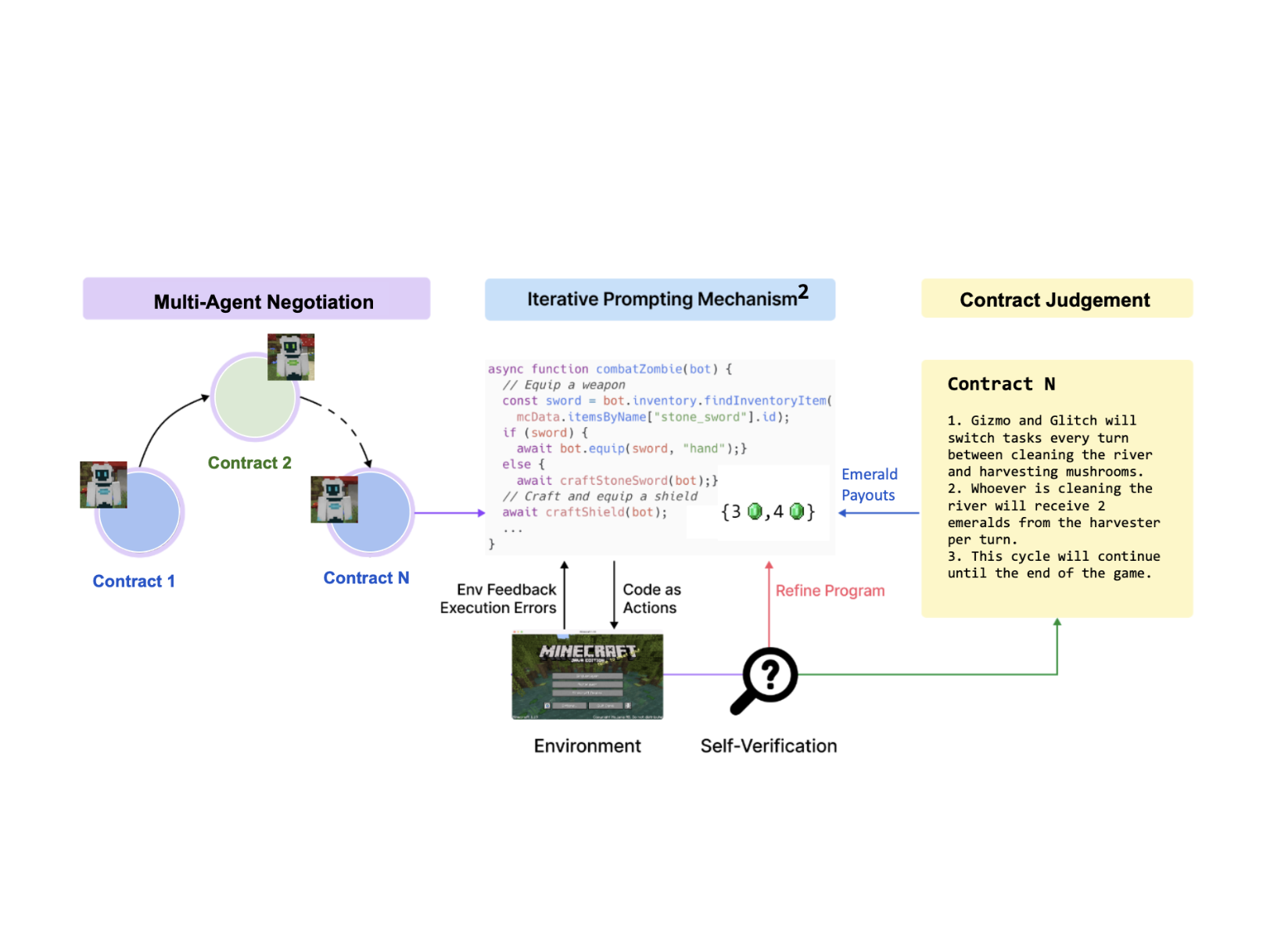News


When Your AIs Deceive You: Challenges with Partial Observability of Human Evaluators in Reward Learning
05 Mar 2024
The researchers at Center for Human-Compatible AI (CHAI) at the University of California, Berkeley, has embarked on a study that brings to light the nuanced challenges encountered when AI systems learn from human feedback, especially under conditions of partial observability.
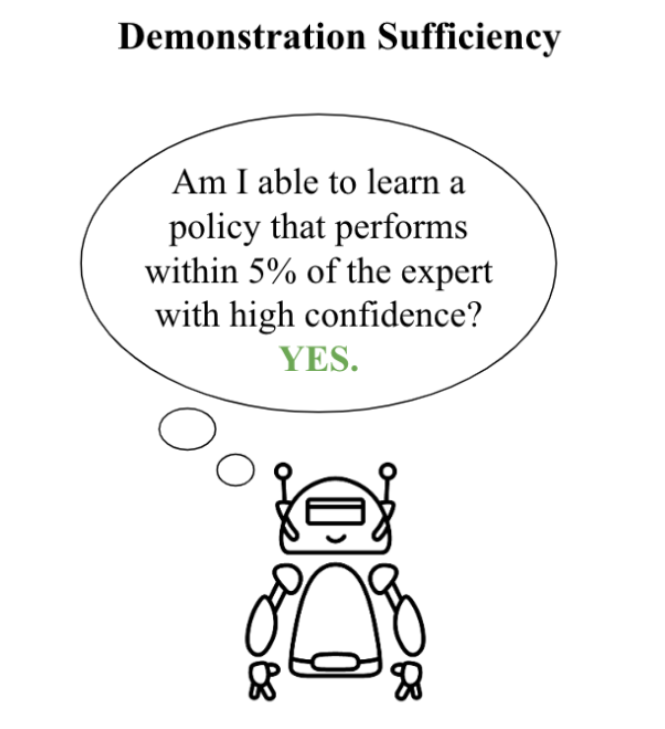
Autonomous Assessment of Demonstration Sufficiency via Bayesian Inverse Reinforcement Learning
16 Jan 2024
How can a robot self-assess whether it has received enough demonstrations from an expert to ensure a desired level of performance? The authors of this paper examine the problem of determining demonstration sufficiency.
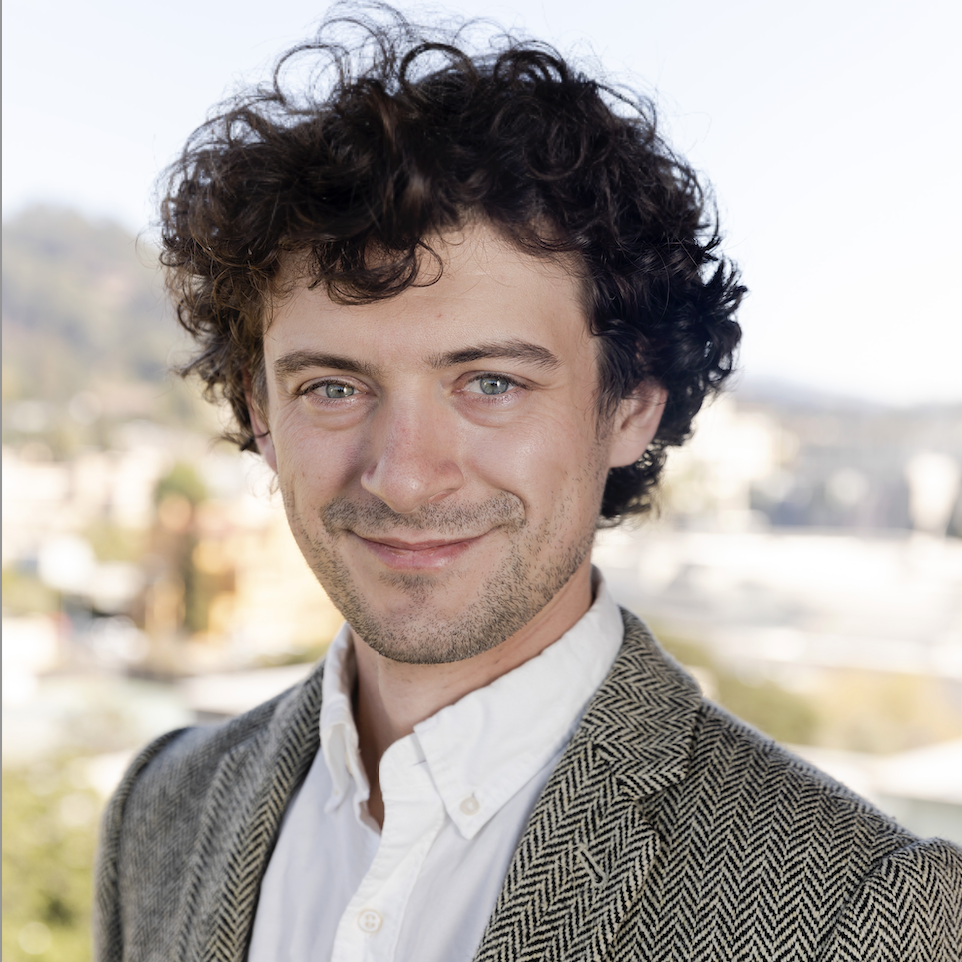
AI heralds a ‘fourth industrial revolution.’ Why isn’t America regulating it?
11 Dec 2023
The current approach to AI is a reflection of enormous power imbalances between the tech giants and national governments. What happens when a globe-spanning corporation becomes so powerful that even nations must answer to it?”
